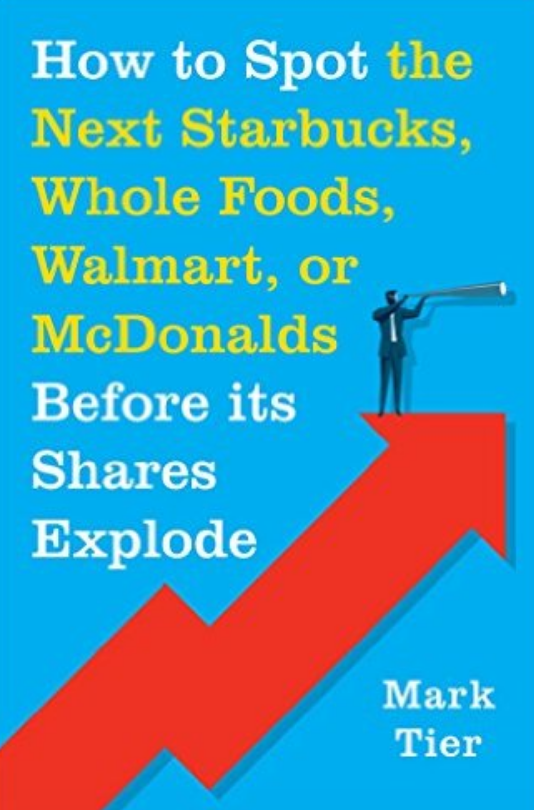Just a week to go until Halloween. You still have time to buy your candy, for the trick-or-treaters, provide income for the candy companies. Maybe you can find some treats, not tricks, in the following Halloween stocks.
Watching horror movies is one of the popular activities of teenagers on Halloween. Netflix (NFLX), the largest provider of videos in the US, has a huge number of scary movies in its collection of titles. The stock trades as 146 times forward earnings. Earnings for the latest quarter were up 26.8% on a rise of 8.8% in revenues.
A major producer of scary movies is Lions Gate Entertainment (LGF), which has made such films as American Psycho, Ginger Snaps, Route 666, The Devil’s Rejects, House of the Dead 2, Saw VI, See No Evil, Hostel: Part II, My Bloody Valentine 3D and many others. Lionsgate has a price to earnings ratio of 287 and pays a yield of 1.8%.
The biggest beneficiaries of Halloween are the candy companies. Hershey Foods (HSY) is the large chocolate and confectionery company made famous by its Hershey Kisses and Hershey Bars. The stock has a P/E of 21, and a yield of 2.5%.
Tootsie Roll Industries (TR) makes all kinds of candy for trick-or-treaters including Tootsie Rolls, Tootsie Roll Pops, Caramel Apple Pops, Charms, Blow-Pops, Blue Razz, Zip-A-Dee Pops, Cella’s, Mason Dots, Mason Crows, Junior Mint, Charleston Chew, Sugar Daddys, and Sugar Babies. The stock has a P/E of 26.5 and a yield of 1.0%.
Halloween costumes and decorations are available at discount retailers such as Wal-Mart (WMT). It has a P/E of 16, and a yield of 2.9%.
If you like interesting stock industries, such as coffee stocks, robotics stocks, and chocolate and candy stocks, check out many of the lists here at WallStreetNewsNetwork.com.
Disclosure: Author didn’t own any of the above at the time the article was written.











